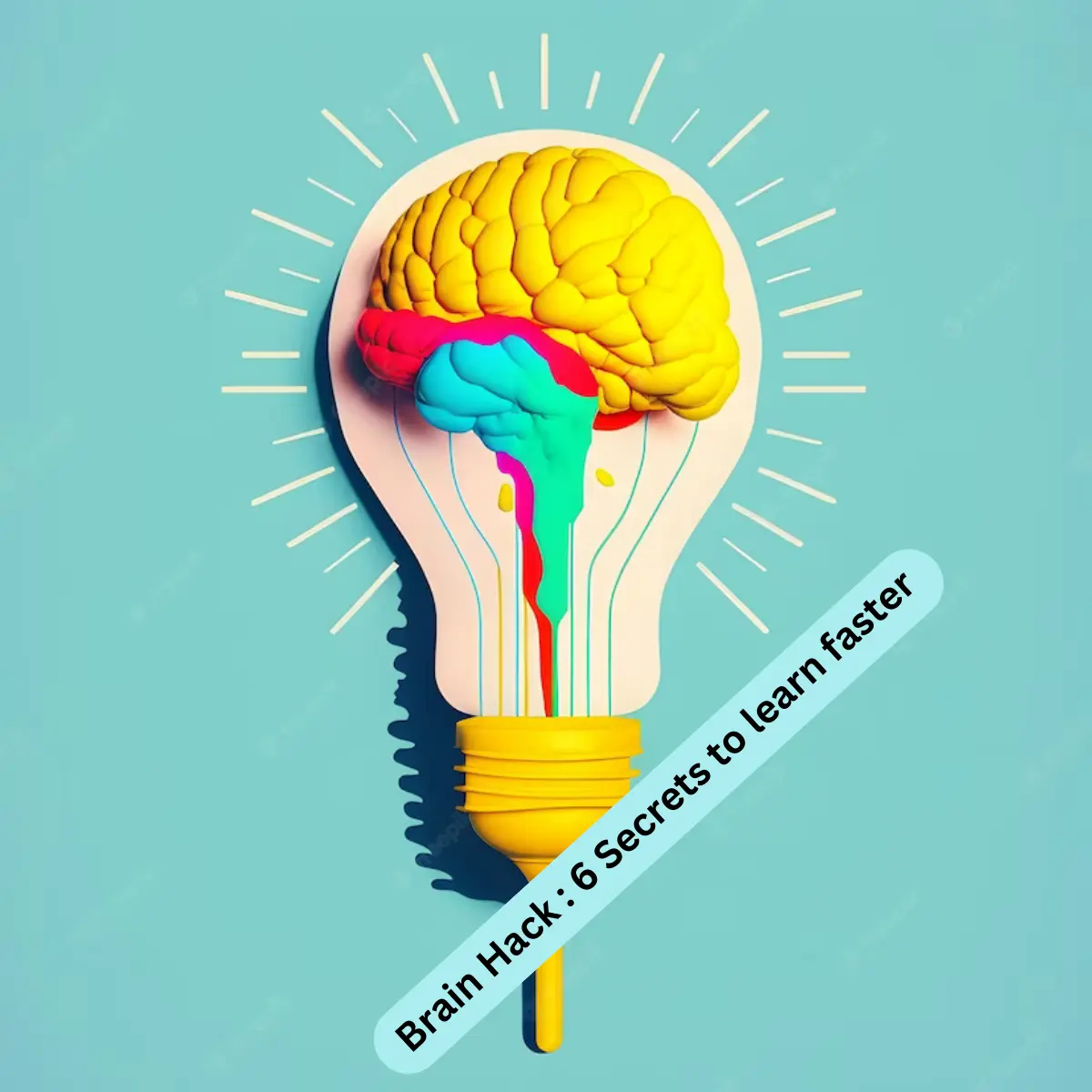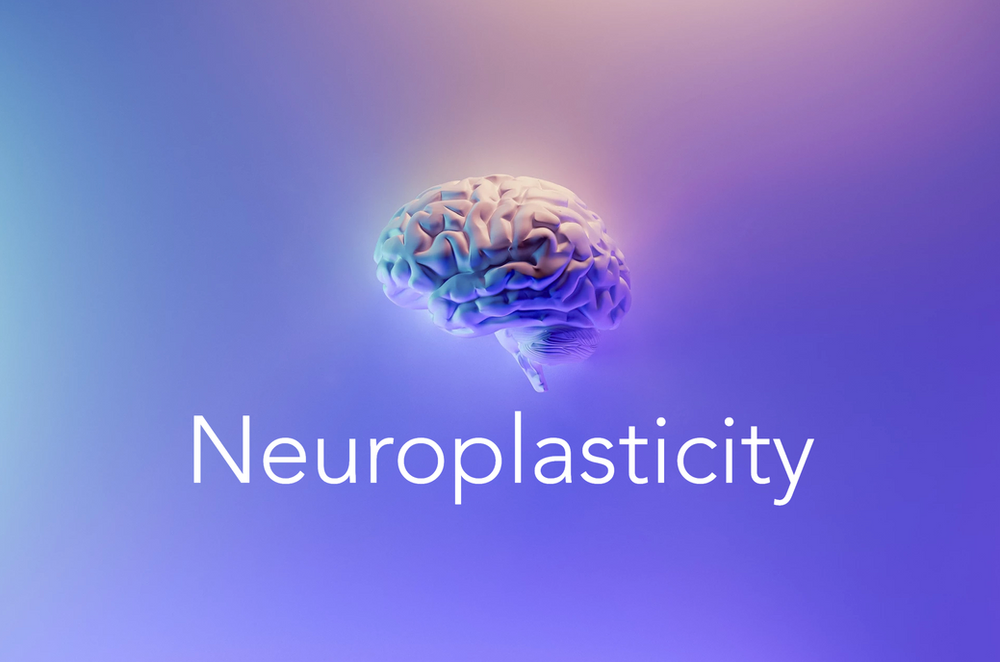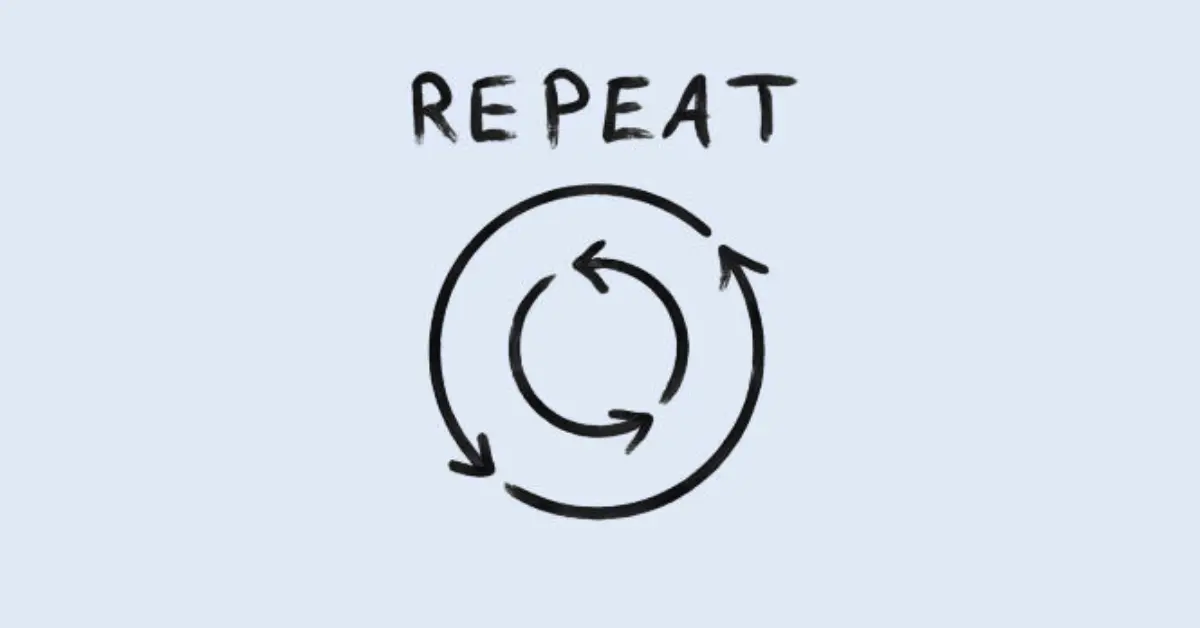Brain Hack, Neuroplasticity, Learning faster, learning abilities, tips, unlock our potential.
A neuroscientist witnessed many students struggle with their learning, especially as they get older. It’s not their fault, though. We are not taught how to learn; we simply expect it to happen. The unfortunate truth is that learning becomes harder as we age. However, there are ways to overcome this challenge and enhance our learning abilities. In this blog post, I will delve into the neuroscience behind six critical ingredients that can help us learn faster: attention, alertness, sleep, repetition, breaks, and mistakes.

Brain Hack: 6 Neuroscience secrets to Unlock the learning faster
Neuroplasticity and Learning : Neuroplasticity refers to the brain’s ability to physically change in response to experience. When we learn something, whether it’s information or a skill, tiny connections called synapses form between neurons in the brain. The more we engage in that particular activity, the stronger these connections become, leading to improved performance. Neuroplasticity is crucial for effective learning.

Attention: The Key to Learning
Paying attention is essential for effective learning. Studies have shown that when we are fully focused on a task, we are more likely to retain information in the long term. However, in today’s digital age, distractions are abundant, making it challenging to maintain attention. Limiting the use of smartphones and practicing focused attention meditation can help improve attention span.

Alertness: Enhancing Learning Potential
Being alert is another crucial factor in learning. When we are fully engaged and activated, our brains release chemicals like adrenaline and noradrenaline, increasing alertness. Regular exercise, certain breathing techniques, and even cold showers can help boost alertness. However, it’s important to manage stress levels, as chronic stress can impair learning and memory.

Sleep: Consolidating Memories
Sleep plays a vital role in memory consolidation, the process of turning short-term memories into long-term memories. During sleep, the brain transfers information from the hippocampus, responsible for short-term memory, to other parts of the brain for long-term storage. Prioritizing sleep before and after learning sessions is crucial for retaining information effectively.

Repetition: The Key to Reinforcement
Repetition is key when it comes to learning. Just like exercising builds muscle, repetitive patterns of thinking or doing reinforce the neural pathways associated with a specific task, making it easier to recall. By repeating the information or skill multiple times during the learning period and spacing out learning sessions over several days, we can enhance our learning and memory.

Breaks: Allowing the Brain to Process Information
Taking breaks during learning sessions is essential for two reasons. Firstly, breaks give our brains a chance to replay and reinforce the information subconsciously. Secondly, newly encoded information is not stable immediately after learning, and attempting to learn something similar soon after can lead to interference and loss of information. Taking a 10- to 20-minute break after learning and waiting at least an hour before tackling similar topics can optimize learning outcomes.

Mistakes: Embracing the Learning Process
Making mistakes can be intimidating, but they play a crucial role in the learning process. When we make a mistake, our brains release neuromodulators that improve attention and create a window for neuroplasticity. Embracing mistakes and viewing them as opportunities for growth can enhance learning. Quizzing oneself, challenging tasks, and turning learning into a game can help leverage the benefits of making mistakes.

Conclusion
By understanding the neuroscience behind learning, we can unlock our potential to learn faster and more effectively. Attention, alertness, sleep, repetition, breaks, and mistakes are the keys to optimizing our learning abilities. By eliminating distractions, increasing focus and alertness, prioritizing sleep, repeating information, taking breaks, and embracing mistakes, we can enhance our learning outcomes and reach our full potential.
People also read :
- 21 CFR Part 211 – cGMP guidelines for Finished pharmaceuticals
- 21 CFR guidelines for pharmaceuticals
- Top 10 most effective root cause analysis investigation tools
- What is root cause analysis ?
- Change Control Management in pharmaceutical industry
- Handling of deviation in pharma industry
- Dissolution test for solid dosage forms
- ALCOA Plus 9 Principles for Data Integrity